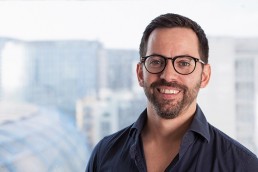
Paul Nulty
Having recently rebranded to Nulty+ mondo*arc speaks exclusively to Paul Nulty on the move towards a new future, why the lighting industry needs a “shake up” and what he plans to do about it…
It’s been three years since we last caught up, what’s been happening?
We’ve really stepped it up a level. The practice has more than doubled in size and we’re being asked to tender some of the largest projects in the UK. It seems like such a short space of time but in that time we have evolved and matured. My aim was always to build a team that’s full of characters and has lots of charisma; I like people who have ideas and who aren’t afraid to express them and the team are really blossoming into cool designers with opinions and a lot of skill sets.
And in the industry – how are things different?
Alongside squeezed budgets, in recent years we’ve seen more demands from clients and the deadlines have been harder and tighter than ever before. While this is not so much the case today, it has played to our advantage because it has given us a great platform for learning; we’ve now got more experience in dealing with pace and we’ve been able to nurture the team in tackling this. As such, we’re in a position where the whole team is able to anticipate customers’ needs and respond much more quickly than before.
The practice is rebranding to Nulty+. Why now?
From day one it was always an aspiration. Having been at Light Bureau for eleven years I wanted to make people aware I was out on my own and calling the practice after myself was the most obvious way. It wasn’t about my ego… I love light, I live and breathe it and am very grateful for the opportunities I’ve had to develop as a lighting designer. I want to create a legacy and would love the practice to become a nursery for the future industry. I always wanted to depersonalise the practice from myself and we’ve now got to the point where it doesn’t really need me – the right people are in the right places. Nulty+ signifies a celebration of what we’ve achieved and a team of people who are experienced, energetic and charismatic – in reality, I’m just a cog in a bigger machine!
How have you prepared your team for life as lighting designers?
I’m very demanding in what I expect from them! We don’t pigeon hole people, and we try to expose the team to as much project experience with the support of the more senior members. It’s about making all of the team an integral part of a project and we encourage staff to take ownership as much as possible.
“Anyone can become a lighting designer”, is this something you truly believe?
Yes and no. You’ve got to have a creative eye and a passion for lighting – but everything else can be taught – sharing knowledge will improve our industry. Historically, there’s been a reluctance to share information between rival practices, but to me the ‘old school’ days are changing. Some in the industry don’t like manufacturers calling themselves lighting designers, I’m the opposite – if it’s a good piece of lighting design delivered on time and on budget then what’s the issue? I would rather lighting design was done well regardless of who undertakes it – it’s more about education. Today’s generation is really interesting, there’s more willingness to share – this is a lot to do with social media. It has changed the way we communicate and I think it’s commendable.
Is this part of your aim to “challenge the status quo”?
We need to professionalise our business like other creative industries do. Many agencies are set up by designers who didn’t really intend to become business people, or actually want to – they wanted to design and be creative. But I would like the industry to become more educated in the way its practices are administered. There are companies out there that do it very well, but there are others that lurch from project to project, slashing fees and delivering a poor service. This undermines the industry. I really believe one of our differentiators is the level of service and the way we work with clients; our aim is to make it fun and collaborative. Challenging the status quo means challenging the way the industry presents itself as well as challenging the reasoning. I want us to be a leading voice in that and the new philosophy we’re bringing with the rebranding is going to be central to this.
What do you think the lighting industry is lacking?
One of my frustrations with lighting awards is that while beautiful projects are rewarded no one ever stops to think about whether the project was delivered on time and on budget and whether the lighting designer went bust in the process. We really need to start looking at the way we present ourselves professionally and if all we’re doing is cutting our throats in terms of fees and throwing work out of the door we’re never going to be treated as equals around the table with architects and interior designers. Most lighting education in the UK is geared towards engineering and not design but we need to focus more on the emotional concept that lighting brings to a space, not just the functional.
Is Speirs + Major status something you aspire towards?
Not just Speirs + Major, there are many other good lighting design practices and we would love to be counted amongst them. Our aim is for us to be at the pinnacle of our industry and who knows, even surpass them. I want Nulty+ to become a practice that in years to come, people talk about. As mentioned, it’s about creating a legacy rather than looking at where we are now – it’s about living and planning for the future of the business.
You’re well-known for your retail lighting – what does the future hold?
Retail lighting actually only makes up about 25% of our business but yes, I absolutely want to remain at the forefront of retail design as we’ve worked hard to get there – my team knows it’s important to me to remain innovative. We’ve already completed a lot of projects in a short space of time and we’ve currently got some amazing projects on our books – our client list is pretty extensive! There’s also been a lot of collaboration with clients and other designers – they are buying lighting advice and understanding the need for it a lot more than perhaps they used to. Our designers have got some great opportunities for growth in the industry.



